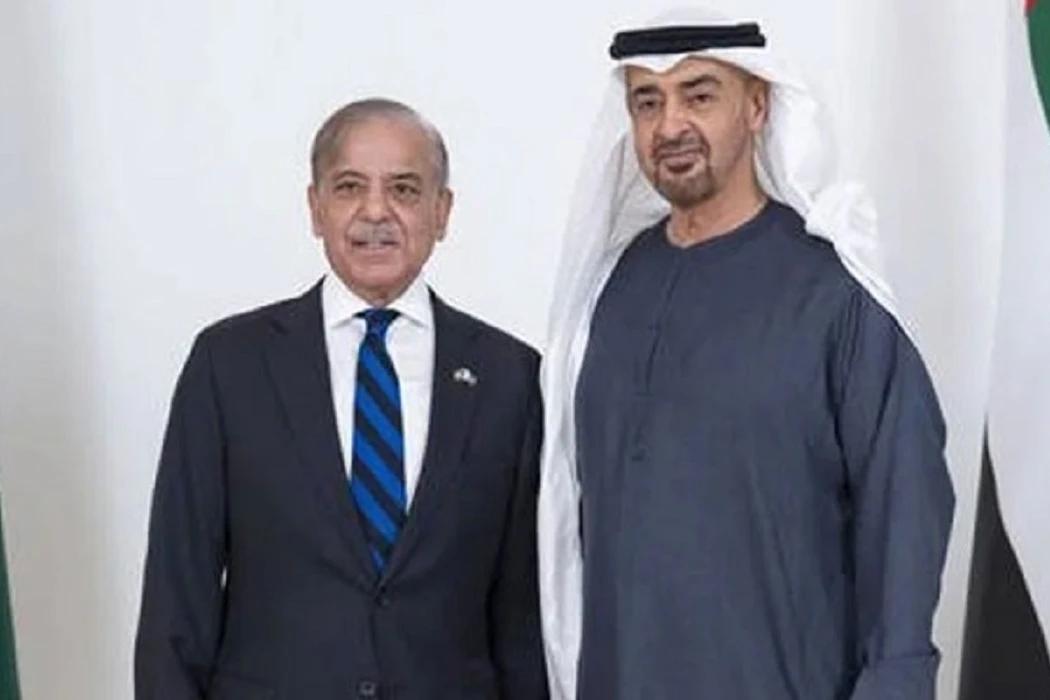ADB says Pakistan’s economic growth likely to moderate to 4pc in current fiscal
Growth is expected to accelerate to 4.5pc in FY23 due to stronger private consumption and investment, the bank says


Islamabad: Pakistan’s economic growth is expected to moderate to 4 per cent in fiscal year 2022 due to tighter fiscal and monetary policies before picking up again in FY23, the Asian Development Bank (ADB) said in a report on Wednesday.
According to the Asian Development Outlook (ADO) 2022, ADB’s annual flagship economic publication, Pakistan’s gross domestic product (GDP) growth is projected to slow to 4% in FY2022 from 5.6% in FY2021 as the government applies measures to reduce the current account deficit, raise international reserves, and cut inflation. Growth is expected to accelerate to 4.5% in FY2023 due to stronger private consumption and investment.
“Pakistan’s economy is recovering steadily thanks to well-coordinated fiscal and monetary responses to the pandemic,” said ADB Country Director for Pakistan Yong Ye. “These led to a remarkable expansion in the industry and services sectors. It is key to continue structural reforms along with appropriate fiscal and monetary policies to contain rising inflation and external imbalances. Comprehensive reforms in tax policy and administration are also critical to boosting revenues in order to fund essential public services. ADB is fully committed to supporting Pakistan’s sustainable development.”
In FY2022, industrial growth is forecast to decelerate, reflecting fiscal and monetary tightening together with a significant depreciation of the local currency, and upward adjustments to domestic oil and electricity prices. Agriculture is expected to continue lending impetus to GDP growth supported by the government’s package of subsidized inputs and increased support prices of wheat and sugarcane.
Inflation declined to 8.9% in FY2021 but is expected to pick up in FY2022 to around 11% due to higher international energy prices, significant currency depreciation, and elevated global food prices from supply disruptions.
As a net importer of oil and gas, Pakistan will continue experiencing strong inflationary pressures for the remainder of FY2022 from the jump in global fuel prices resulting from the Russian invasion of Ukraine.
Inflationary pressures are likely to be less pronounced in FY2023, with inflation forecast to drop to 8.5% as fiscal consolidation progresses and oil and commodity prices stabilize.
The ADB said it was committed to achieving a prosperous, inclusive, resilient, and sustainable Asia and the Pacific, while sustaining its efforts to eradicate extreme poverty.
SOURCE: APP
PM Shehbaz unveils Rs38b Ramazan Relief Package
- a day ago

T20World Cup high voltage clash: India set 176 run target for Pakistan to win
- 4 hours ago
Imran Khan, both sons talk over phone after prolonged hiatus
- a day ago

Field Marshal Syed Asim Munir meets global leaders during Germany visit
- 8 hours ago

DG ISPR visits various educational institutions of Lahore
- 8 hours ago

PM Shehbaz leaves for Vienna, Austria on two-day official visit
- 8 hours ago

Could lab monkeys soon become a thing of the past?
- 16 hours ago

YouTube is coming to the Apple Vision Pro
- 18 hours ago
Tucker stars as Ireland crush Oman by 96 runs at T20 World Cup
- a day ago

High voltage clash: India defeat pakistan by 61 Runs, qualify for Super Eight
- 24 minutes ago
First National Chief of Army Staff Wrestling Championship 2026 concludes in Sialkot
- a day ago

SSWMB earns national recognition for clean Sindh initiative
- 5 hours ago















